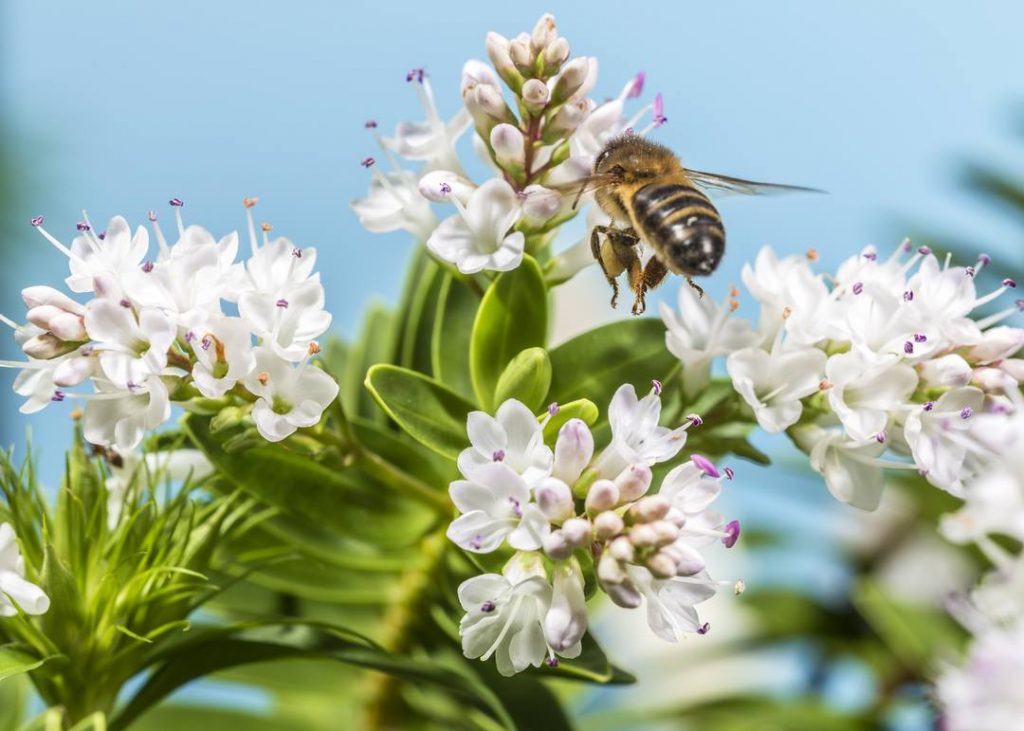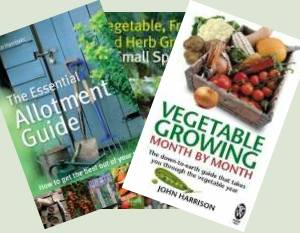When I came across this article on an eco-friendly garden by James Paul, I thought the author was saying what I have felt. Our gardens can be a positive force for good in the general environment as well as a place of relaxation and enjoyment.
Imagine a healthy, green backyard garden: perfect for lounging, great for ball games and barbecues, a real asset to your home. But did you know that your bakyard garden, and how you take care of it, can also help the environment?
Healthy grass provides feeding ground for birds, who find it a rich source of insects, worms, and other food. Thick grass prevents soil erosion, filters contaminants from rainwater, and absorbs many types of airborne pollutants, like dust and soot. Grass is also highly efficient at converting carbon dioxide to oxygen, a process that helps clean the air.
Caring for your bakyard garden properly can both enhance its appearance and contribute to its environmental benefits.
Your backyard garden can be tough but you don’t have to be an expert to grow a healthy backyard garden. Just keep in mind that the secret is to work with nature. This means creating conditions for grass to thrive and resist damage from weeds, disease, and insect pests.
It means setting realistic goals for your backyard garden, whether you or a professional garden or lawn care service will be doing the work. And if you choose to use pesticides, it means using them with care so as to get the most benefit and reduce any risks.
Organic Gardening
Let’s talk a little about organic gardening. We will discuss the term “Organic” in a gardening context, it might be a useful start to define exactly what that means, so here it is, “Organic gardening is the way of growing vegetables and fruits with the use of things only found in nature”. Really simple isn’t it, but most certainly not commonplace any more in today’s world I suggest.
Having led up to all of that, a good question might arise as to exactly why you would want to indulge in organic gardening as such! Well, as the title of this articles suggests, here are six good reasons why you should do so, in my opinion at any rate.
I think the author is pointing out that not only can you help the environment generally but you help yourself by growing organically or at least with reduced chemical inputs to your garden
- You can easily make compost from garden and kitchen waste, alhough this is a bit more time consuming than buying prepared chemical pesticides and fertilizers. However it certainly helps to put garbage to good use, and so helps the environment.
- Organic farming does not use chemicals that may have an adverse affect on your health, which is especially important when growing vegetables. The chemical companies do tell us that the chemicals we use are safe, provided that they are used according to direction. Research has shown however that even tiny amounts of poisons absorbed through the skin can cause such things as cancer, especially in children. Quite a sobering thought is it not! On average, a child ingests four to five times more cancer-causing pesticides from foods than an adult, which could lead to various diseases later on in the child’s life. Remember, pesticides contain toxins that have only one purpose, which is to kill living things! With organic gardening, these incidents are lessened.
- Less harm is caused to the environment, because poisons are not washed into our waterways to give but one example, causing death to the native fish and polluting their habitat in most cases.
- Organic farming practices also help prevent the loss of topsoil through erosion. The Soil Conservation Service says that an estimated 30 – 32 billion tons of soil is eroded from United States farmlands every year, and that’s only one country.
- Cost savings, because you do not need to buy costly chemical fertilizers and pesticides with organic gardening. Many organic recipes for the control of pest and disease come straight from the kitchen cupboard, and sometimes other plants can even be grown as companions to the main crop. One example of this is the marigold, which helps to repel aphids from vegetables.Mixing 1 tablespoon of liquid dishwashing soap, and 1 cup of cooking oil, can make a cheap garden pest spray for example. Put 3 tablespoons of this mixture in 1 quart of water and spray on to your plants. You will find this to be very effective!
- A simple mulch of pine needles will help to suppress the growth of weeds, as well as keeping the moisture in. Another simple and much safer solution!
- Organic gardening practices are much more likely to help keep the environment safe for future generations, and all of us who are responsible citizens, should always bear this in mind
The whole subject which is part of an on going worldwide debate, is far too complex to cover in such a short article, but I do hope that at least I have left you with some food for thought.
Caring for your backyard garden in an environmentally sensible way can have a bigger impact than you might think. Your eco-friendly garden is only a small piece of land, but all the gardens across the country cover a lot of ground.
That means you and your eco-friendly garden care activities, along with everyone else’s, can make a difference to the environment. And that’s why taking care of the environment begins in our own backyards.
Growing Guides, Information & Articles
- 3 Creative Ways To Beautify Your Garden
- 6 Ways to Enjoy Your Garden More This Summer
- Cats Toileting: How to Stop Cats using Garden or Veg Plot as a Toilet
- Desert Botanical Garden – what makes it so special?
- Full Spectrum Light – Grow Lighting using LED
- Garden Hints & Tips
- Garden Pests – Rabbits, Deer, Pigeons, Badgers
- How Fast Does Cherry Laurel Grow?
- How Inflatable Hot Tubs Improve Your Garden Ten Fold
- How to Care for a Peace Lily Indoors: Step-by-Step Guide
- How to Get the Most Out of Your Garden
- How To Give Your Garden A Makeover During Lockdown
- How to Grow Gladiolus in Your Garden
- How To Make A Side Income From Your Garden
- How to Protect Your Vegetable Garden from the Wind
- How to take care of your pond
- Microgreens – How to Grow Micro-greens Winter & Summer
- Modern Garden Ideas Featuring an Outdoor Firepit
- Planning a garden or allotment clearance
- Redesigning flower beds – How to do it
- Repair Rather Than Replace Old Garden Machinery and Power Tools
- Starting Them Young: 6 Homesteading Skills to Teach Children
- The Role of Campus Gardens in Student Mental Health and Well-being
- Top tips for amateur gardeners: get started today
- Why are LED Horticultural Grow Lights Purple?
- Zen Garden for Meditative Space
- Best Temperatures for Seed Germination
- Raised Beds – Vegetable Growing in Raised Beds
- Seed Saving
- Lawn Care Guides and Advice
- 10 Ways to Increase the Aesthetic Appeal of Your Backyard
- Fluid Seed Sowing & Seed Pre-Germination
- Home Made Pesticides & Unlicensed Use of Pesticides
- Decorative Garden Arches – Roman, Gothic, Ogee Garden Arches
- 5 Popular Uses for Log Cabins
- Grow Your Own Vegetables, Fruit, Herbs & Nuts
- Weed Control
- Gardening And The Importance Of Water Quality
- How to Build a Concrete Garden Path
- Concrete Garden Path Construction – Step by Step Photo Guide
- How Can Gardeners Cope with Climate Change?
- Gardening & Growing Vegetables Under a Hosepipe Ban
- Water Conservation: Garden Techniques
- Flood! Safe Growing & Harvesting of Crops After a Flood
- Day Length and Growing Plants
- Gardener’s Back Pain – Look After Your Back in the Garden
- Become an Urban Farmer and Start Growing Potted Plants
- Allotment Vegetable Plot Planning Software
- Start Your Seeds Indoors For A Jump On Spring Planting
- An Eco-Friendly Garden Backyard – Green Gardening
- Lunar Gardening, planting and gardening according to the phase of the Moon




